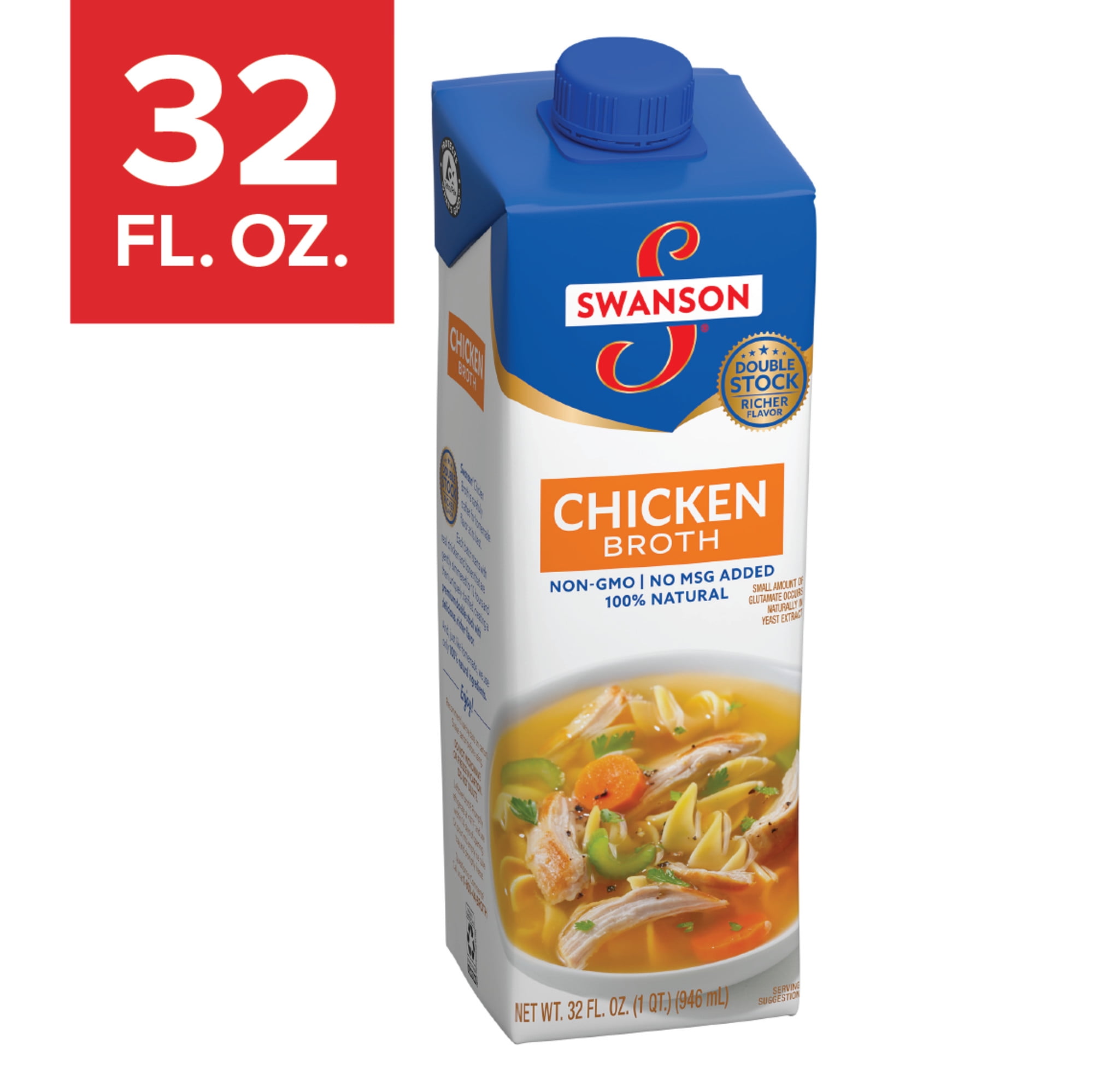Chicken Broth Recall: Walmart Pulls 12,000 Cartons From Shelves
Overview
In a concerning development, Walmart has initiated a comprehensive recall of 12,000 cartons of Crystal Farms chicken broth due to concerns regarding potential contamination with Listeria monocytogenes. This recall serves as a stark reminder of the importance of food safety and highlights the complexities surrounding foodborne illnesses. In this in-depth analysis, we will delve into the intricacies of this recall, examining the various perspectives, data points, and real-life examples that shape our understanding of this issue.
Causes
The root cause of the contamination remains under investigation by the Food and Drug Administration (FDA) and Walmart. However, Listeria monocytogenes is a bacterium commonly found in soil and water, and it can contaminate food products during processing, packaging, or storage. This bacterium is particularly resilient and can survive in a wide range of temperatures, making it challenging to eliminate entirely from food production.
Health Risks
Listeria monocytogenes poses a serious health risk, especially for vulnerable populations such as the elderly, pregnant women, and individuals with weakened immune systems. Infection with Listeria monocytogenes, known as listeriosis, can cause symptoms such as fever, muscle aches, nausea, vomiting, and diarrhea. In severe cases, it can lead to meningitis, sepsis, or even death.
Consumer Response
The recall has garnered significant attention from consumers and media outlets alike. Walmart has swiftly removed the affected broth cartons from its shelves and notified customers of the potential health risks. Consumers who have purchased the recalled broth are urged to dispose of it immediately and seek medical attention if they exhibit any symptoms of listeriosis.
Industry Impact
The recall has also sent ripples through the food industry. Crystal Farms, the manufacturer of the recalled broth, has temporarily suspended production at its processing plant while the FDA conducts its investigation. The recall has also raised concerns about the broader food safety practices within the industry and has prompted calls for increased vigilance and stronger regulations.
Government Response
The FDA is actively involved in the investigation and is working closely with Walmart and Crystal Farms to determine the extent of the contamination. The agency has also issued a public warning, advising consumers to avoid consuming the recalled broth and to contact their healthcare provider if they experience any symptoms of listeriosis.
Challenges
Food recalls are always challenging, and this case is no exception. Tracing the source of the contamination can be time-consuming and complex, especially when dealing with a bacterium as resilient as Listeria monocytogenes. Additionally, coordinating the recall and ensuring the safe disposal of the affected product can be a logistical nightmare.
Conclusion
The Walmart chicken broth recall serves as a stark reminder of the complexities surrounding foodborne illnesses. While the food industry has made significant strides in improving food safety, challenges remain. The presence of Listeria monocytogenes in food products can pose a serious health risk, particularly for vulnerable populations. Consumers should be vigilant in following food safety guidelines, such as properly cooking poultry and refrigerating perishable foods promptly. Meanwhile, the food industry and regulatory agencies must continue to collaborate to enhance food safety practices and minimize the risk of future recalls.
Read also:
Sen. John Fetterman Wears Shorts And A Hoodie To Trump Inauguration
Unveiling The Legacy Of William Hennessy: From Courtroom Sketches To National Canvas
Iowa State At Iowa Women's Basketball Glance

